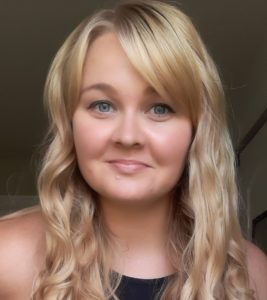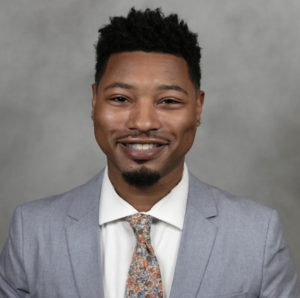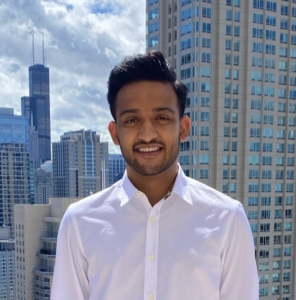Ten UIC students receive prestigious Schweitzer Fellowships
Ten University of Illinois Chicago students are among the 28 graduate students in the Chicago area honored with prestigious Schweitzer Fellowships.
The Chicago Area Schweitzer Fellows Program encourages students to become lifelong leaders in service by addressing unmet health needs among vulnerable Chicago-area communities. In collaboration with community organizations, the fellows will design and launch a community-based project to improve community well-being and address social determinants of health. Each project will provide 200 hours of service to Chicago communities.
Dr. Robert A. Barish, UIC vice chancellor for health affairs, said that the passion, vision and dedication of these students exemplifies the mission of UIC and its academic health enterprise, UI Health.
“The projects being undertaken by the Schweitzer Fellows will directly address health needs in underserved communities,” he said. “And the fact that so many of the Fellows are from UIC affirms the commitment we have at the university and at UI Health to promote health equity.”
Below are the service projects being undertaken by the Schweitzer Fellows at UIC:
Cindy Cruz, College of Nursing
Cruz will develop a series of short and supplemental “Un Minuto Conciente” (“Mindful Minute”) presentations focused on mental health care for the pre-diabetic adult participants of Alivio Medical Center’s Prevent T2 program, in order to help them build coping strategies that will facilitate their success in achieving a healthier lifestyle.
Jennifer Cunningham, College of Nursing
Cunningham aims to build resilience in children and their families to reduce the risk of abuse or neglect while also mitigating some of the effects of adverse childhood experiences.
Amy De La Torre, College of Medicine
De La Torre proposes to teach mental health classes designed for underrepresented students in the Medicina Academy Apprentice Program in UIC’s Hispanic Center of Excellence. The curriculum will equip the students with knowledge, skills and resources to support and promote their mental health literacy and wellness amid the COVID-19 pandemic and beyond.
Jean Gavina, College of Nursing
Gavina proposes to implement a Health Education Program for Filipino Americans and underrepresented populations. The program will provide guidance and resources for effective health education and health promotion to support healthier lifestyles.
Anne Osuji, College of Medicine
Osuji will incorporate culturally appropriate heart-healthy eating habits for women previously experiencing homelessness at Deborah’s Place. The recipes and mindfulness practices will provide simple and healthy lifestyle modifications for women to improve cardiovascular outcomes, culminating in a program cookbook and wellness guidebook.
Jenna Pasanen, College of Liberal Arts and Sciences
Pasanen will implement a program to prepare incarcerated women at Cook County Jail for a successful return to their communities. The program will explore local resources and services that can support women in reaching their goals and improving their well-being.
Jennifer Plascencia Lopez, School of Public Health
Lopez will implement a high school mentorship program for first-generation, underserved youth in Chicago. The program will provide college readiness skills, professional skills development and health career pathway exploration.
Juaquan Savage, College of Dentistry
Savage plans to initiate weekly mouth meetings, which will provide education and mentorship for students on the South Side of Chicago, addressing nutrition and oral health and offering socioemotional support.
Tanner Shull, School of Public Health
Shull will establish a group of mothers and community leaders within Little Village churches and organizations to act as health promoters to encourage and link those members to receive preventive health care such as cancer screenings, diabetes classes and primary care. Tanner also proposes to expand the “5+1=20” health promoter program in Chicago Public Schools in Pilsen to include schools in Little Village. The program builds up the leadership and health education capacity of high school students and encourages them to promote those lessons through community and family events. Altogether, this program seeks to improve the current 20-year life expectancy gap experienced by Hispanic and Latino populations in Chicago from the five most prevalent diseases and infections in that population.
Niam Vora, College of Pharmacy
Vora aims to develop the nation’s first Transitions of Coordinated Care program for people with HCV/HIV released from the Illinois Department of Corrections. The program will serve as a case management/social support program to ensure recently incarcerated populations have access to medication, therapy, addictions resources, health literacy and insurance.
Learn more about the Chicago Area Schweitzer Fellows Program.
Categories










